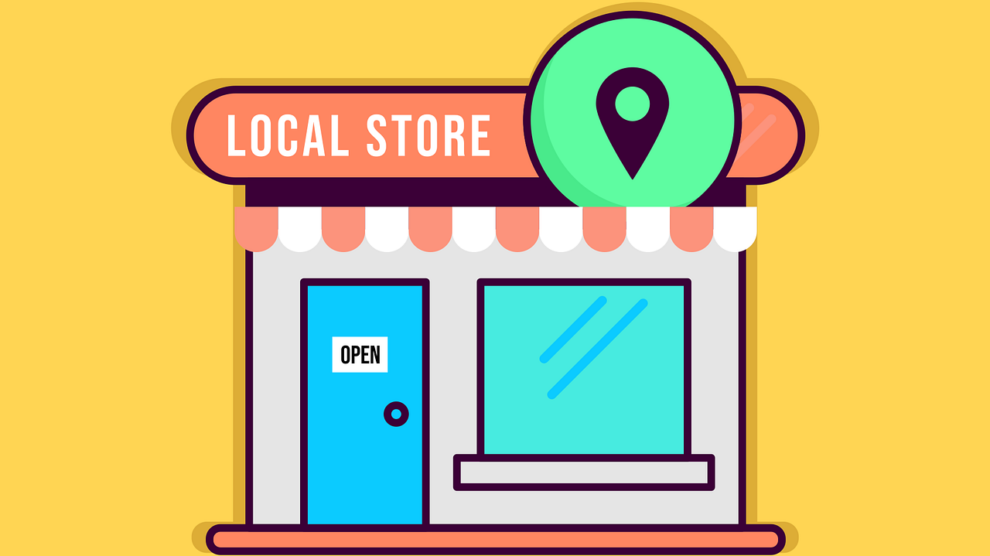Local SEO refers to the practice of optimizing a website for it to organically rank in local search results. Most businesses focus on this branch of SEO to promote their products and services to customers and attract virtual and foot traffic to their local stores. This method is advisable if your business has a physical store in certain locations and you are not interested in catching the attention of a global audience.
How Does Local SEO Differ From Organic SEO?
Both SEO and Local SEO aims to increase the quality and quantity of organic traffic that your website receives. However, local SEO is only a subsection of SEO.
Local SEO mainly focuses on the geographical components of search and provides results that can be found on maps and business directories, such as Google Maps, Facebook, and Yelp. Businesses that want to focus on this subsection of SEO should turn their attention to citations, reviews, links, and keywords.
Why is Local SEO Important?
This subsection of SEO prioritizes optimization for location-specific search queries. By doing this, you will be able to take advantage of the opportunities presented whenever a person in your area searches for a term related to your business.
For example, you run a restaurant in New York. When a user enters the term “restaurants in New York” on a search engine, you will have more chances of getting the top position on the SERP because your website is optimized for local searches. This will allow you to acquire a large part of the local market and beat your competitors that do not practice local SEO.
How to Use Local SEO to Boost Your Business
You can follow various strategies to ensure that your website performs outstandingly on local searches. Here are some things you can do:
Set Up and Optimize Your Google My Business Account
Google My Business is an online tool that you can use to manage your online presence across Google, such as Search and Maps. Through GMB, your customers can find you easily, learn about your story, and view your business details.
Google has provided a set of instructions to allow you to claim or add your business on GMB. Aside from these guidelines, you should also remember to use the best possible category for your GMB listing to make sure that it applies to your business. You should also include your main keywords and area of operation in your business description. Lastly, ensure that the name, address, and contact details you input in your GMB listing matches the information available on your website and other local citations.
Encourage Your Customers to Leave Reviews
Collecting reviews from customers who have patronized your business can help boost your visibility and improve your reputation. One of the best benefits you can enjoy if your customers regularly leave reviews on your listing is an optimized GMB presence. Having this allows you to increase the chances of your GMB listing appearing in SERPs.
Additionally, the more that people see positive reviews on your listings, the more they are likely to patronize your business as well. If they see that other people had a good experience after buying a product or service from your store, they will be more enticed to try it out themselves.
This is why you should always encourage your customers to leave a review on your online listing after buying your product or paying for your service. You can ask them to provide an authentic review on various platforms like Yelp and GMB by doing the following:
- Ask your customer for a review in person after a sale.
- Send them a post-purchase email or text and ask them for a review. Make sure to approach them only after an initial survey to ensure you are not asking a dissatisfied customer.
Recalibrate Your Keywords
Since your focus is on attracting local customers, you should recalibrate your keywords to reflect the terms they are searching for on the internet. To do this, you need to conduct a local keyword search using online tools or with the help of an SEO agency.
You should then choose relevant keywords that you think can help boost your local online presence. After doing so, take your new keywords and integrate them into your site’s metadata, body text, and URL.
Create Locally Relevant Content
Another strategy that can help boost your local SEO is to create content that your local customers can relate to. You can accomplish this by mentioning area-specific landmarks and hotspots on your blog articles and social media posts. Including relevant information based on local news and events in your content will also be helpful.
Additionally, you should edit the content on your About Us page. It is best if your content revolves around location-specific information regarding your business.
Optimize for Voice Search
Lastly, you can optimize your website for voice search to boost your local SEO. Since voice search is a fairly new technology for most businesses, there are not a lot of players in this arena. This means that by optimizing for voice search, you can get one step ahead of your competitors.
You can optimize your website for voice search by starting with your content. When individuals use this technology, they are more likely to search using whole sentences instead of the phrases they use when typing on a search engine. For example, a person who uses voice search will say “Where is the nearest coffee shop?” instead of “coffee shops near me.”
Because of this, you should use more natural language in your content to cater to the spoken search queries. You should also include more long-tail keywords and traditional question starters—such as who, what, when, where, why, and how—to optimize for voice search.
Following these local SEO strategies will help you grab as much share of the local market as possible. Achieving this can help you attract more customers and earn more revenue, ultimately making your business more successful.





